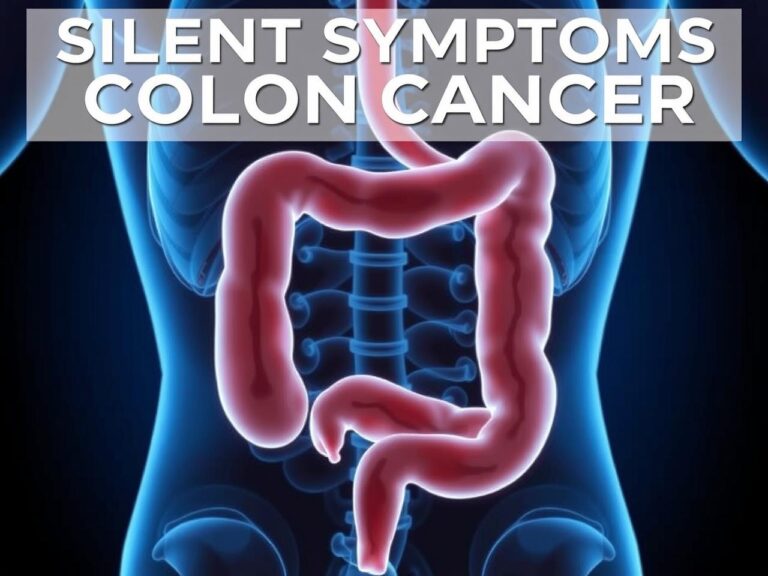Emotional Detoxing: Simple Practices to Cleanse Your Mind of Negativity
Emotional detoxification is a process of identifying and releasing negative emotions and psychological stress from one’s mind and body. Similar to physical detoxification, emotional detoxification aims to remove harmful psychological elements that can impact overall well-being. This process involves recognizing, addressing, and letting go of negative emotions to create space for positive mental states and personal growth.
Maintaining emotional health is crucial for overall mental well-being. Prolonged exposure to negative emotions like anger, resentment, or sadness can lead to various physical symptoms, including headaches, fatigue, and chronic pain. Understanding the importance of emotional detoxification enables individuals to take proactive measures in addressing and releasing these negative emotions.
This practice can potentially lead to improved mental clarity, emotional stability, and an enhanced sense of well-being.
Key Takeaways
- Emotional detoxing is the process of releasing and letting go of negative emotions to promote mental and emotional well-being.
- Identifying negative emotions such as anger, fear, and sadness is the first step towards emotional cleansing.
- Simple practices for emotional cleansing include journaling, deep breathing, meditation, and physical exercise.
- Cultivating positivity through gratitude, positive affirmations, and surrounding oneself with uplifting influences can help in emotional detoxing.
- Creating a supportive environment with positive and understanding individuals can aid in the process of emotional cleansing and maintaining emotional balance.
- Seeking professional help from therapists or counselors can be beneficial for those struggling with emotional detoxing and maintaining emotional balance.
Identifying Negative Emotions

Recognizing Negative Emotions
To begin the process of emotional detoxing, it is essential to identify the negative emotions that are holding us back. These emotions can manifest in various forms, such as anger, fear, sadness, guilt, or shame, and can stem from past experiences, trauma, or current stressors in our lives.
The Impact of Negative Emotions
Negative emotions can have a profound impact on our overall well-being, affecting our relationships, work performance, and physical health. They can lead to physical symptoms such as tension in the body, changes in appetite or sleep patterns, and feelings of unease or discomfort.
Identifying and Addressing Negative Emotions
By paying attention to these signs and symptoms, we can gain insight into the specific negative emotions that may be affecting us. By acknowledging and addressing these emotions, we can begin the process of releasing them and creating space for more positive emotions to flourish.
Simple Practices for Emotional Cleansing

There are several simple practices that can aid in the process of emotional cleansing and detoxing. One effective practice is journaling, which allows us to express and release our emotions in a safe and private space. Writing about our feelings can help us gain clarity and perspective on the root causes of our negative emotions, making it easier to process and release them.
Another helpful practice for emotional cleansing is mindfulness meditation. By practicing mindfulness, we can observe our thoughts and emotions without judgment, allowing us to let go of negative feelings and cultivate a sense of inner peace. Deep breathing exercises and yoga can also be beneficial for releasing tension and promoting emotional balance.
Cultivating Positivity
In addition to releasing negative emotions, it is important to actively cultivate positivity in our lives. This can be achieved through practices such as gratitude journaling, where we take time each day to reflect on the things we are grateful for. By focusing on the positive aspects of our lives, we can shift our mindset away from negativity and towards a more optimistic outlook.
Engaging in activities that bring us joy and fulfillment can also help cultivate positivity. Whether it’s spending time with loved ones, pursuing hobbies, or volunteering for a cause we care about, these activities can uplift our spirits and promote a sense of well-being. Surrounding ourselves with positive influences such as uplifting music, inspiring books, and supportive friends can also contribute to a more positive mindset.
Creating a Supportive Environment
Creating a supportive environment is crucial for maintaining emotional balance and well-being. This includes surrounding ourselves with people who uplift and support us, as well as setting boundaries with those who may bring negativity into our lives. Building a strong support network of friends, family, or support groups can provide us with the encouragement and understanding we need to navigate through challenging emotions.
In addition to social support, creating a nurturing physical environment can also contribute to emotional well-being. This can involve decluttering our living spaces, incorporating calming elements such as plants or essential oils, and creating a space that promotes relaxation and tranquility. By creating a supportive environment both socially and physically, we can foster a sense of safety and comfort that is essential for emotional balance.
Maintaining Emotional Balance
Practicing Self-Care
This can involve practicing self-care activities such as regular exercise, adequate sleep, healthy eating habits, and engaging in activities that bring us joy and relaxation.
Setting Boundaries
Setting boundaries with work, social commitments, and technology can also contribute to maintaining emotional balance. By prioritizing time for rest and relaxation, we can prevent burnout and overwhelm, allowing us to better manage our emotions.
Seeking Professional Help
Additionally, seeking professional help such as therapy or counseling can provide valuable support in maintaining emotional balance and addressing any underlying issues that may be contributing to negative emotions.
Seeking Professional Help

In some cases, emotional detoxing may require professional help in the form of therapy or counseling. A mental health professional can provide guidance and support in processing and releasing negative emotions, as well as addressing any underlying mental health concerns. Therapy can offer valuable tools and techniques for managing emotions, improving communication skills, and developing healthy coping mechanisms.
Seeking professional help is especially important if negative emotions are significantly impacting our daily functioning or overall quality of life. A therapist or counselor can provide a safe and non-judgmental space for us to explore our emotions and work towards healing and growth. Additionally, they can offer valuable insights and perspectives that can aid in the process of emotional detoxing and maintaining emotional balance in the long term.
In conclusion, emotional detoxing is an essential practice for promoting mental clarity, emotional stability, and overall well-being. By identifying negative emotions, practicing emotional cleansing techniques, cultivating positivity, creating a supportive environment, maintaining emotional balance, and seeking professional help when needed, we can effectively release toxic energy and make room for greater happiness and fulfillment in our lives.
FAQs
What is emotional detoxing?
Emotional detoxing is the process of cleansing your mind and spirit of negative emotions and thoughts that may be weighing you down. It involves practices and techniques aimed at releasing and letting go of emotional baggage.
Why is emotional detoxing important?
Emotional detoxing is important for maintaining mental and emotional well-being. Just as we cleanse our bodies of toxins, it is important to cleanse our minds of negativity and emotional clutter. This can lead to greater clarity, peace of mind, and overall improved mental health.
What are some simple practices for emotional detoxing?
Some simple practices for emotional detoxing include mindfulness meditation, journaling, deep breathing exercises, spending time in nature, practicing gratitude, and engaging in activities that bring joy and relaxation.
How often should one engage in emotional detoxing practices?
The frequency of engaging in emotional detoxing practices can vary from person to person. Some individuals may benefit from daily practices, while others may find that a few times a week is sufficient. It ultimately depends on individual needs and preferences.
Can emotional detoxing help with stress and anxiety?
Yes, emotional detoxing practices can help reduce stress and anxiety by promoting relaxation, mindfulness, and a more positive outlook. By releasing negative emotions and thoughts, individuals may experience a greater sense of calm and peace.







